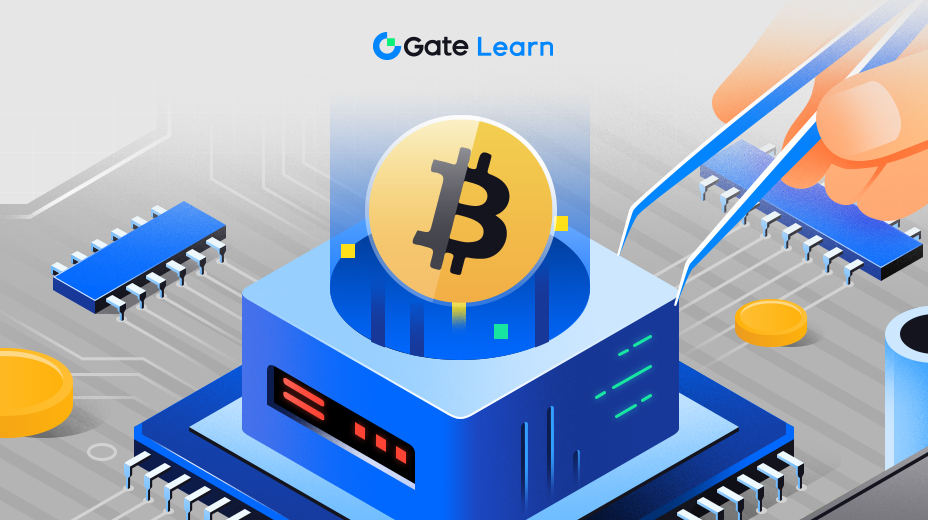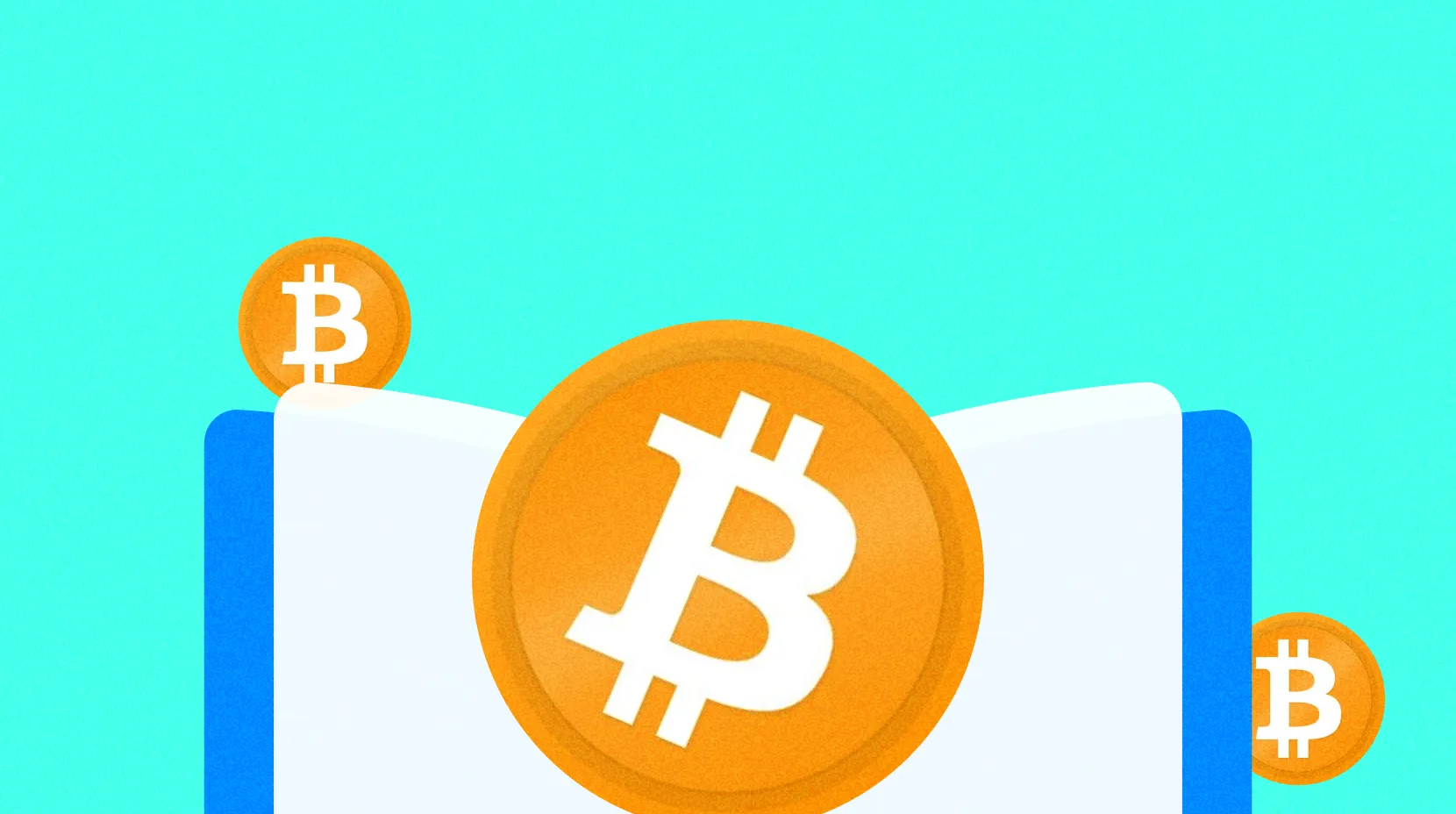Chainlink (LINK)
Познакомьтесь с Chainlink, децентрализованной оракульной сетью, соединяющей смарт-контракты блокчейна с реальными данными. Узнайте о децентрализованной сети узлов, роли токена LINK, реальных приложениях, проблемах и устойчивости. Узнайте, как Chainlink способствует развитию инноваций в области блокчейна с помощью разработки, ориентированной на сообщество.
Chainlink Bridging the Gap
Chainlink (LINK) - это децентрализованная оракульная сеть, цель которой - преодолеть разрыв между смарт-контрактами на основе блокчейна и внецепочечными источниками данных. Запущенный в 2017 году Chainlink стал одним из самых известных оракловых решений в индустрии блокчейна, обеспечивая безопасный, надежный и защищенный от взлома доступ к реальным данным для широкого спектра приложений.
Chainlink достигает этого с помощью децентрализованной сети операторов узлов, известных как "узлы Chainlink", которые получают данные из различных внецепочечных источников, таких как API, веб-сервисы и IoT-устройства, и передают их смарт-контрактам на блокчейне. Эти узлы используют криптографические протоколы и механизмы консенсуса для обеспечения целостности и точности данных, что делает их пригодными для использования в широком спектре приложений, включая DeFi, игры, управление цепочками поставок и многое другое.
Архитектура Chainlink основана на модульном дизайне, что позволяет разработчикам создавать пользовательские оракловые сети, отвечающие их конкретным потребностям. Основные компоненты сети Chainlink включают программное обеспечение узла Chainlink, которое извлекает и проверяет данные, и основные контракты Chainlink, которые обеспечивают стандартизированный интерфейс для смарт-контрактов, взаимодействующих с сетью Chainlink.
Одна из ключевых особенностей Chainlink - децентрализованная сеть узлов, которая позволяет любому человеку стать оператором узла и зарабатывать токены LINK, предоставляя данные в сеть. Операторы узлов обязаны предоставлять токены LINK в качестве залога, что стимулирует их к предоставлению точных и надежных данных. Кроме того, система репутации Chainlink гарантирует, что операторы узлов с историей предоставления высококачественных данных получают приоритет при запросе данных.
Токен LINK - это родная криптовалюта сети Chainlink, которая используется в качестве платежного средства для доступа к услугам оракула и для стимулирования операторов узлов к предоставлению точных данных. По состоянию на сентябрь 2023 года рыночная капитализация LINK составляла более 3 миллиардов долларов, что делает ее одной из крупнейших криптовалют по рыночной капитализации.
Chainlink получил широкое распространение в индустрии блокчейна, имея более 1 000 интеграций с различными блокчейн-сетями и платформами. Среди известных проектов, использующих Chainlink, можно назвать Aave, Synthetix и Uniswap, которые полагаются на оракловые сервисы Chainlink для доступа к внецепочечным данным для своих приложений.
Несмотря на успех, Chainlink сталкивается с некоторыми проблемами, включая конкуренцию со стороны других оракловых решений, риск централизации в сети узлов и возможность злонамеренных атак на сеть. Однако инновационный подход Chainlink к технологии оракула и растущая экосистема разработчиков и пользователей делают ее перспективным решением для соединения смарт-контрактов на основе блокчейна с реальным миром.
Интеграция Chainlink с dApps
Chainlink - это децентрализованная оракульная сеть, которая предоставляет смарт-контрактам доступ к данным реального мира и внецепочечным ресурсам. Интеграция Chainlink с dApps - важнейший компонент функциональности сети oracle, поскольку она позволяет смарт-контрактам взаимодействовать с внешними источниками данных и запускать предопределенные действия на основе полученных данных.
Процесс интеграции начинается с развертывания узла оракула Chainlink. Этот узел выступает в качестве посредника между смарт-контрактом и внешним источником данных, обеспечивая безопасное и надежное соединение между ними. Как только узел оракула развернут, dApp можно настроить на взаимодействие с сетью Chainlink, используя соответствующий API.
Когда смарт-контракту требуются внешние данные для выполнения его предопределенных функций, он отправляет запрос на узел-оракул Chainlink. Затем узел-оракул извлекает запрошенные данные из внешнего источника данных и возвращает их смарт-контракту. Этот процесс облегчается благодаря использованию децентрализованной сети оракулов Chainlink, которая обеспечивает безопасность и надежность предоставляемых данных.
Интеграция Chainlink с dApps позволяет смарт-контрактам взаимодействовать с событиями и условиями реального мира, такими как рыночные цены, погодные условия и спортивные результаты. Такой доступ к внешним источникам данных расширяет функциональность смарт-контрактов за пределы их традиционных рамок, позволяя создавать более сложные и изощренные приложения.
Он также дает возможность запускать предопределенные действия на основе полученных данных. Например, смарт-контракт может быть настроен на автоматическое выполнение сделки на основе изменения рыночных цен. Такая автоматизация позволяет создавать самоисполняющиеся контракты, которые могут работать независимо от вмешательства человека.
Интеграция Chainlink с dApps также обеспечивает повышенную безопасность и надежность. Благодаря использованию децентрализованной сети оракулов данные, предоставляемые смарт-контрактам, проверяются и утверждаются несколькими узлами, что снижает риск подделки данных или манипулирования ими. Такая повышенная безопасность и надежность являются важнейшими компонентами технологии блокчейн, где доверие имеет большое значение для функционирования сети.
Механизм резервного копирования Chainlink
Chainlink имеет децентрализованную сеть узлов, которые предоставляют данные смарт-контрактам на различных блокчейнах. Сеть разработана для обеспечения высокой надежности и устойчивости к простоям, в ней предусмотрены многочисленные функции безопасности и процедуры резервного копирования.
Chainlink позволяет узлам переключаться на другой источник данных, если основной источник недоступен. Это называется fallback или failover, и это гарантирует, что данные всегда будут доступны для смарт-контрактов, даже если один из источников не работает. Кроме того, узлы Chainlink могут использовать несколько источников данных одновременно, что еще больше повышает их надежность.
Chainlink предполагает использование операторов узлов, которые отвечают за обслуживание узлов и следят за тем, чтобы они всегда были онлайн и предоставляли точные данные. Если оператор узла испытывает технические трудности или не может выполнять свои обязанности, другие операторы узла могут вмешаться и взять на себя ответственность. Это поможет обеспечить работоспособность сети даже в условиях непредвиденных обстоятельств.
Chainlink также использует безопасную, децентрализованную архитектуру, которая помогает предотвратить простои, вызванные вредоносными атаками или другими угрозами безопасности. Сеть спроектирована таким образом, чтобы быть очень устойчивой к цензуре и взлому, с несколькими уровнями безопасности и избыточности, встроенными в нее. Это позволяет гарантировать, что данные всегда доступны для смарт-контрактов, даже в условиях значительных сбоев или попыток атак.
Chainlink имеет сильное сообщество разработчиков и участников, которые постоянно работают над улучшением производительности и надежности сети. Это включает в себя постоянные усилия по повышению безопасности, оптимизации производительности и внедрению новых функций и возможностей. Используя навыки и опыт своего сообщества, Chainlink может оставаться на переднем крае децентрализованного оракула и продолжать предоставлять надежные, высококачественные данные для смарт-контрактов на различных блокчейнах.
Протокол межцепочечной совместимости Chainlink (CCIP)
Протокол межцепочечной совместимости Chainlink (CCIP) разработан для решения проблем совместимости блокчейна. Он предоставляет единый интерфейс, с помощью которого dApps и web3-предприниматели могут безопасно решать все свои межцепочечные задачи. Это включает в себя возможность передачи данных, токенов или того и другого через различные сети блокчейн.
Признавая риски, присущие межцепочечному взаимодействию, CCIP разработан с учетом принципа безопасности. Он может похвастаться такими функциями, как сеть управления рисками, которая отслеживает вредоносную деятельность, децентрализованные оракульные вычисления, источником которых является разнообразный набор операторов узлов высшего уровня с проверенными показателями работы на цепи, и протокол отчетности вне цепи (OCR), который уже обеспечивает сохранность значительных ценностей на нескольких блокчейнах основной сети.
Основные возможности Chainlink CCIP:
- Передача произвольных сообщений: Это позволяет отправлять произвольные данные (закодированные в виде байтов) смарт-контракту-получателю на другом блокчейне. Разработчики могут использовать эту возможность для запуска определенных действий в принимающем контракте, например, ребалансировки индекса, майнинга уникального NFT или вызова функции с пользовательскими параметрами.
- Передача токенов: Позволяет передавать токены смарт-контракту или напрямую на внешний счет (Externally Owned Account, EOA) на другом блокчейне.
- Программируемая передача жетонов: Эта функция сочетает в себе возможности двух предыдущих, позволяя одновременно передавать жетоны и произвольные данные в рамках одной транзакции.
Примеры использования, поддерживаемые Chainlink CCIP:
- Межцепочечное кредитование: Пользователи могут одалживать и заимствовать разнообразные криптоактивы на нескольких платформах DeFi, работающих на отдельных цепочках.
- Недорогие вычисления транзакций: Переложите вычисление данных транзакций на оптимизированные по стоимости цепочки.
- Оптимизация межцепочечной доходности: Пользователи могут использовать Chainlink CCIP для передачи обеспечения в новые протоколы DeFi, максимизируя доходность по цепочкам.
- Инновационные dApps: Chainlink CCIP позволяет пользователям извлекать выгоду из сетевых эффектов на определенных цепочках, используя при этом вычислительные возможности и возможности хранения данных других пользователей.
Основные моменты
- Chainlink (LINK) - это децентрализованная оракульная сеть, предназначенная для соединения смарт-контрактов на основе блокчейна с источниками данных реального мира.
- Запущенная в 2017 году, Chainlink стала ведущим решением в индустрии блокчейна, предлагая безопасный, надежный и защищенный от взлома доступ к внешним данным.
- Chainlink работает через децентрализованную сеть операторов узлов, называемых "узлами Chainlink", которые получают данные из внецепочечных источников и доставляют их смарт-контрактам на блокчейне.
- Его модульная архитектура позволяет разработчикам создавать пользовательские сети oracle, отвечающие их специфическим потребностям, что способствует гибкости и адаптации.
- Децентрализованная сеть узлов Chainlink стимулирует операторов к предоставлению точных данных, предоставляя токены LINK в качестве залога, и использует систему репутации для определения приоритетов надежных операторов узлов.
- Токен LINK - это собственная криптовалюта Chainlink, используемая для доступа к услугам оракула и вознаграждения операторов узлов. По состоянию на сентябрь 2021 года рыночная капитализация LINK составляла более 13 миллиардов долларов.
- Широкое распространение Chainlink включает в себя интеграцию с более чем 1 000 блокчейн-проектов, что делает его жизненно важным компонентом в децентрализованных финансах (DeFi), играх, управлении цепочками поставок и других приложениях на основе блокчейна. Однако компания сталкивается с такими проблемами, как конкуренция и потенциальная централизация в сети узлов, но ее инновационный подход и растущая экосистема продолжают способствовать ее успеху.





